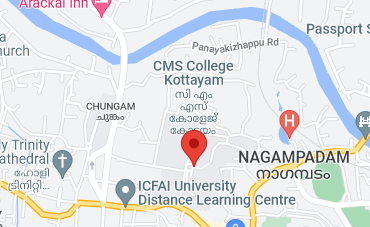Koshy Institute of Mathematics (KIM)
The Koshy Institute of Mathematics (KIM) was inaugurated on Monday, April 23, 2018. It is the realization of a long-cherished dream to enhance the quality of mathematics education in India, especially in Kerala. Its aim is to promote in-class interaction between professors and students, encourage independent pursuit of advanced skills and knowledge, generate curiosity, creativity, and ingenuity, create passion for expanding the mathematical horizon, explore and advance the frontiers of mathematics, and motivate students with new ideas, skills, facts, and exciting applications.
Mission Of Kim
The mission of KIM is manifold, and includes:
1) Offering advanced short courses in various areas of mathematics for well-qualified and self-motivated undergraduate, graduate, and doctoral students, as well as faculty members who are passionate about research in mathematics, thereby advancing the frontiers of knowledge. To achieve this goal, KIM will recruit nationally or internationally renowned mathematicians with a track record of achievement. Course participants may be recruited from across India; their applications should include a personal statement of commitment and interest, and at least two letters of recommendations from professors and/or supervisors/colleagues.
2) Offering exciting hands-on short mathematics courses for promising middle and high school teachers.
3) Offering challenging non-traditional mathematics courses for students in Grades 9-12, who are well-prepared and capable of independent work.
4) Encouraging participants and KIM alumni to give engaging and insightful talks on exotic areas of mathematics in schools and colleges.
5) Emphasizing student-involvement, student-professor interaction, problem-solving techniques, pattern recognition, conjecturing, and proof-techniques, while promoting intellectual curiosity, creativity, persistence, and patience.
6) Using KIM alumni as ambassadors for spreading the beauty, power, ubiquity, and applications of mathematics at various levels of education and in everyday life when possible.
7) Encouraging participants and alumni to attend and present papers at national and international mathematics meetings.
8) Encouraging alumni participation in global collaborations.
9) Inviting all KIM alumni annually or bi-annually for talks by nationally-known mathematicians.
10) Publishing a quality journal in English each calendar year in the caliber of The American Mathematical Monthly, The Fibonacci Quarterly, The College Mathematics Journal, Mathematics Magazine, Bulletin of the Calcutta Mathematical Society, Journal of the Indian Academy of Mathematics, or The Mathematical Gazette. A good title for the journal is Indian (or International) Journal of Discrete Mathematics.
11) Conducting mathematics competitions for high school and undergraduate students at the state/national level and recognizing the top scorers with awards.
12) Establishing a Proficiency Award for Excellence in Mathematics for the best B.Sc, and M.Sc, final year student in mathematics. An award may also be given annually to a mathematics faculty member who excels in promoting intellectual curiosity through teaching and research. The Department of Mathematics at CMS College shall prepare the selection criteria for all awards.
13) Holding an annual Mathematics Fair for high school students to present their interests and discoveries of new patterns, results, proofs, or applications of mathematics. Initially, it may be confined to a few adjacent districts, gradually extending to other districts, and later to neighbouring states or the rest of India if desirable and practical. Using qualified volunteer judges, give awards to the top presenters. Solicit financial support from the State and generous donors everywhere. The math fair may later be expanded to integrate a Science Fair by involving the Science Faculty.
14) Al KIM events should be well-publicized in advance of the date they commence, and their success after their conclusions.

